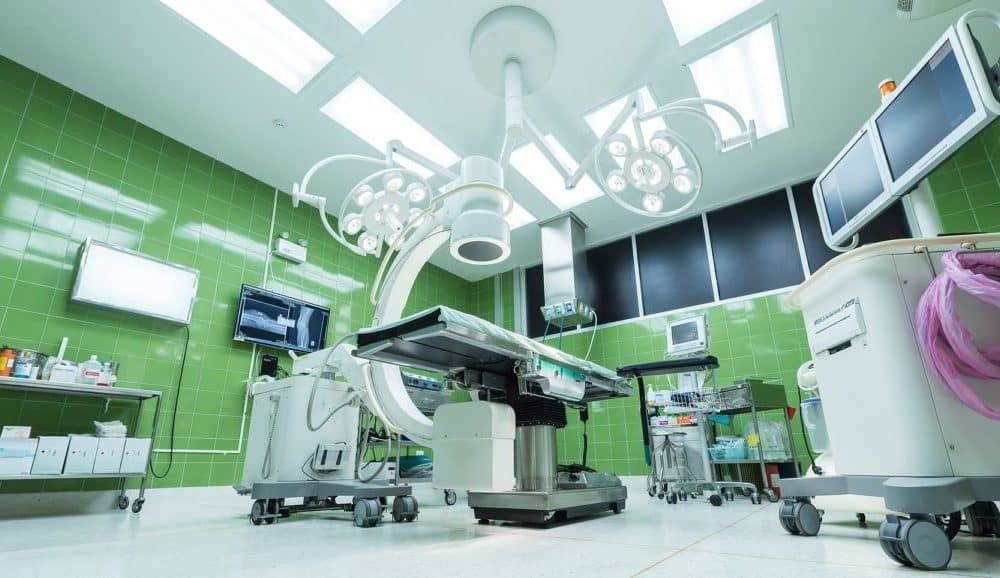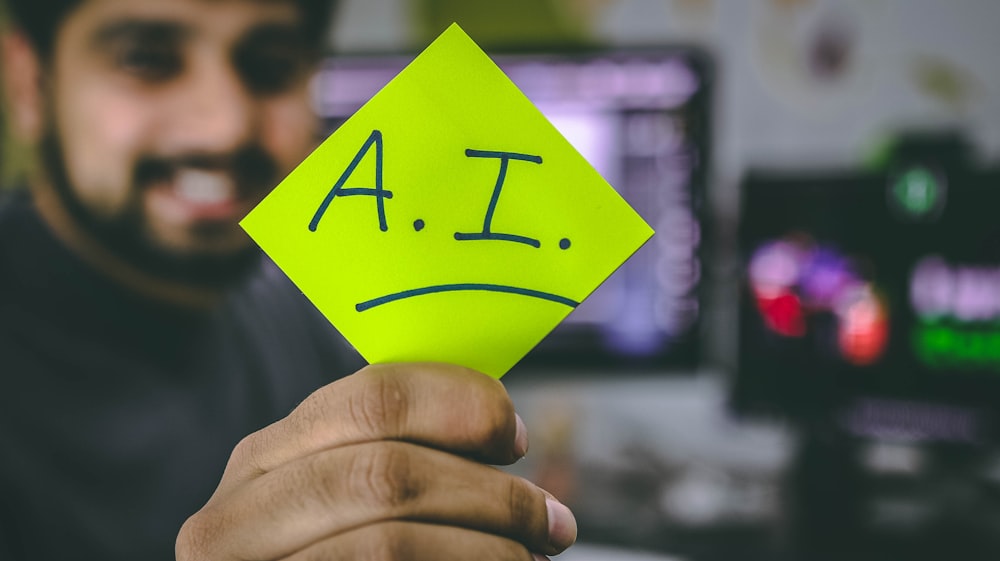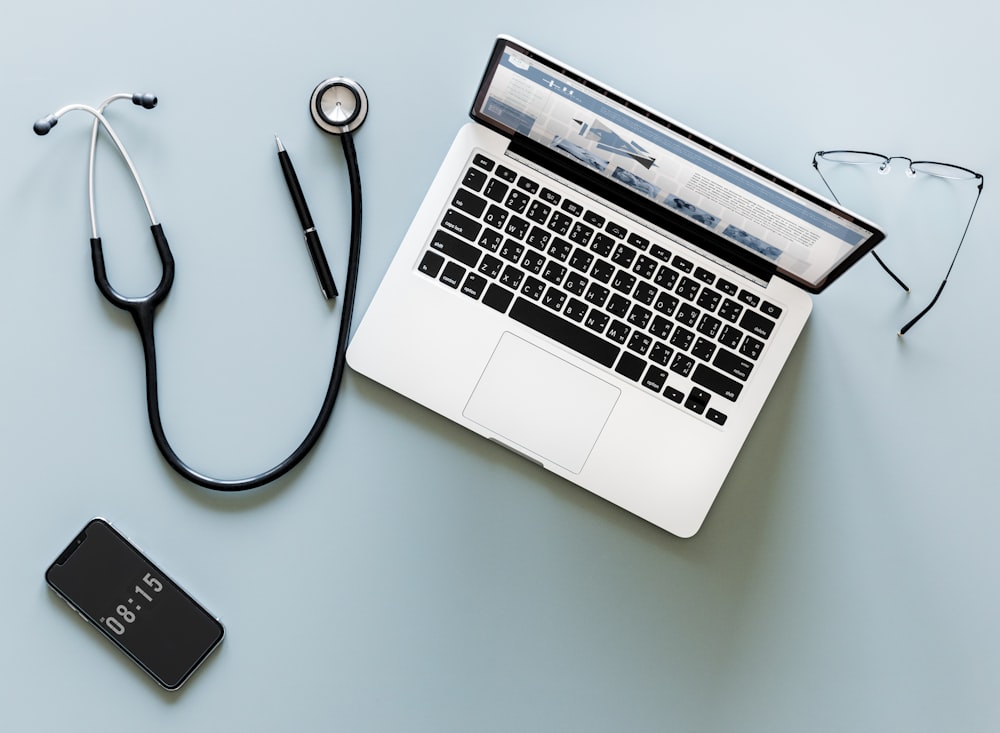
Artificial Intelligence Has Now Made It Possible to Predict The Future Health of a Person

Artificial intelligence has finally reached that point in technological evolution that we may now be able to make early predictions about many diseases. In the past, health care providers could only predict about any particular disease after visible symptoms would start appearing.
However, doctors will now be able to predict early symptoms of diseases even before they show any sign of their existence. This is very importantly especially since many people still have to go through rigorous medical treatments just because their doctors were unable to notice the symptoms of their diseases while it was in its early stages.
A diagnosis is only made when a patient starts showing symptoms or more specifically when the body first shows warning signs to the doctors. If this diagnosis is made at earlier stages, then there is a better chance that the treatment will start before the symptoms get worse. Other, more obscure, medical conditions are often diagnosed when symptoms of the disease get worse enough to become noticeable.

Artificial intelligence has finally reached that point in technological evolution that we may now be able to make early predictions about many diseases.
A New Era
Thankfully, technology is offering some hope. Through artificial intelligence, doctors can predict the chances of someone getting a disease months or even years before the disease symptoms have started to appear.
Ross Dawson, the creator of Future Exploration Network, has introduced a new ecosystem for healthcare. This new system is developed on the basis of the current model for sick-care, and predicts the symptoms of a disease well before the appearance of visible symptoms. This ecosystem is focused on tracking and preventing potential diseases well before they develop into serious conditions.
According to Dawson, this new technology has been introduced considering the changing expectations from the health care systems. People alive today around the world expect to live a healthier and a fuller life because of advancement in technology, and it certainly seems to be delivering. Therefore, it has become necessary that we introduce this new systems and algorithms in our current system.
Through artificial intelligence, we can predict the heart rate, movement, and breathing pattern of any individual based upon past data. The system can also provide useful information about chemical movements in our brain.
By monitoring these factors in the human body, diseases can be predicted much earlier than ever before. Although doctors do offer valuable advice to their patients about lifestyle changes that are required for preventing the potential disease, but artificial intelligence can inform doctors about expected future health of an individual. This means that AI is only adding onto a doctor’s expertise, and not aiming to replace them completely.

Thankfully, technology is offering some hope. Through artificial intelligence, doctors can predict the chances of someone getting a disease months or even years before the disease symptoms have started to appear.
Technology Serves As a Window To Your Future Health
Dawson was of the opinion that by anticipating future health of individuals through artificial intelligence, the risk of heart attacks and hypertension can be reduced by monitoring the pulse rate in patients.
Cardiologists can evaluate predictive values of pulse rate by an equipment which continuously monitors the pulse. According to recent research by Google, artificial intelligence algorithms can predict a heart attack by monitoring the movement of the eyes.
When a retina scan of 284,335 patients was carried out, the machine predicted the patients’ health by analyzing the crisscross pattern of blood vessels which gave indication of cardiovascular diseases in future.
The Dina Katabi Daily Movement Model
Katabi has outstanding achievement in computer sciences. She has designed a device which can be installed in the patient’s home and monitors their daily movements through electromagnetic waves. Every person has a magnetic field around his body.
When we move, we change the field around us. Essentially, this device performs the functions of transmitting wireless signals through the walls and tracking a person’s movement while he or she is walking or sleeping.

According to recent research by Google, artificial intelligence algorithms can predict a heart attack by monitoring the movement of the eyes.
These wireless signals can also monitor breathing patterns, even if the number of people in a room is more than one. If someone falls, it can detect the motion of falling and give information about recent activity, allowing us to depict why the fall occurred in the first place. These wireless signals can also monitor heart rate and can also tell you about the emotional state of individuals.
More in Medical Conditions
-
Endometriosis in Teens: A Guide to Understanding and Supporting Adolescents
Endometriosis, a condition often associated with adulthood, can make an unwelcome entrance during adolescence. For teenagers grappling with the complexities of...
January 23, 2024 -
Has Childhood Trauma Haunted You into Adulthood? Here’s How You Can Defeat the Past
Even without being particularly too keen about it, you must have noticed that the conversation around childhood trauma has been gaining...
January 10, 2024 -
Storing These Food Items in Your Fridge May Actually Be Bad For You
People have a tendency to just stash a lot of things inside their refrigerators. Oftentimes, you don’t even remember what’s inside...
January 10, 2024 -
How to Deal With Holiday Stress
We all feel stressed from time to time, but the holidays offer their own special stressors that can make us feel...
December 21, 2023 -
Tips to Develop a More Focused Mind
Do you ever feel you’re always busy and the days are progressively getting shorter? Are you constantly stressed out and unable...
December 21, 2023 -
How To Develop A Healthy Relationship With Weight
Most of us have a complicated relationship with weight and spend most of our days on the scale, letting our minds...
December 21, 2023 -
Advantages of Offering Health and Wellness Benefits to Employees
Employers frequently struggle to provide the benefits that their employees desire, such as health insurance or paid overtime. Changes to federal...
December 21, 2023 -
Can Acupuncture Help Prevent Type 2 Diabetes?
In today’s world, health conditions like cardiovascular diseases, hypertension, and diabetes are becoming more and more common. It is extremely important...
December 4, 2023 -
Did You Know There’s A Tiny Farm In A Berlin Supermarket?
When you go to a grocery store, you head over to the fresh foods aisle where you pick up things like...
December 4, 2023















You must be logged in to post a comment Login